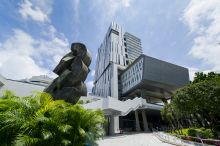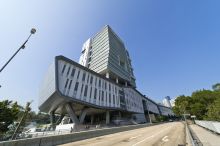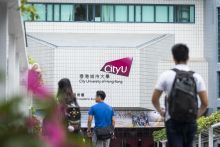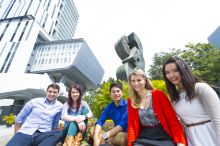To deal with continuous disruption by business innovations, technological changes and China-USA trade war, corporations urgently need leaders who are able to lead business innovation and transformation. The programme aims to address these corporate needs by equipping new generation of corporate leaders with visions, insights, confidence and skills to lead business innovation, business transformation, and connection of their business to different Global-Asian Environments.
Programme Intended Learning Outcomes (PILOs)
- Analyze various mechanisms for managing business innovation and financing business innovation.
- Evaluate future developments of business innovation.
- Formulate strategic plans to lead business innovation and transformation in Global-Asian Environments.






